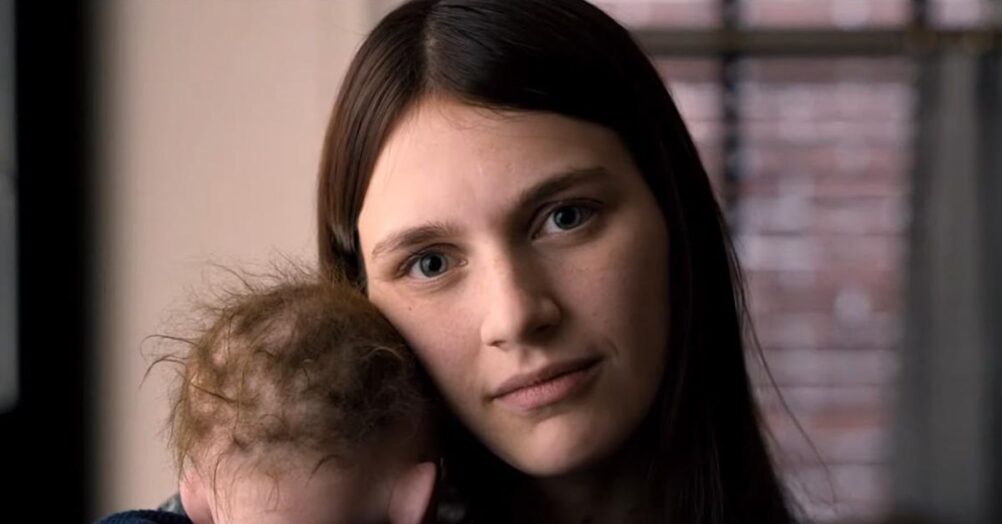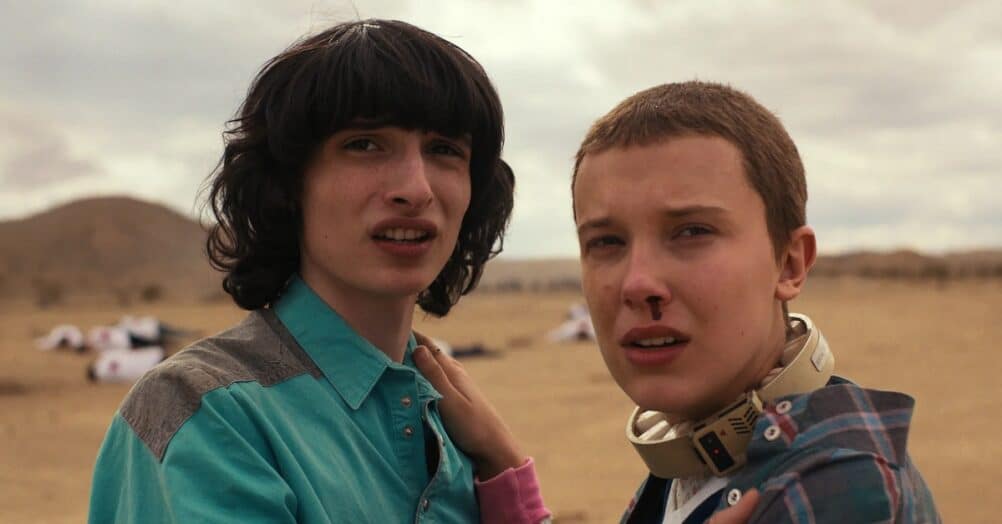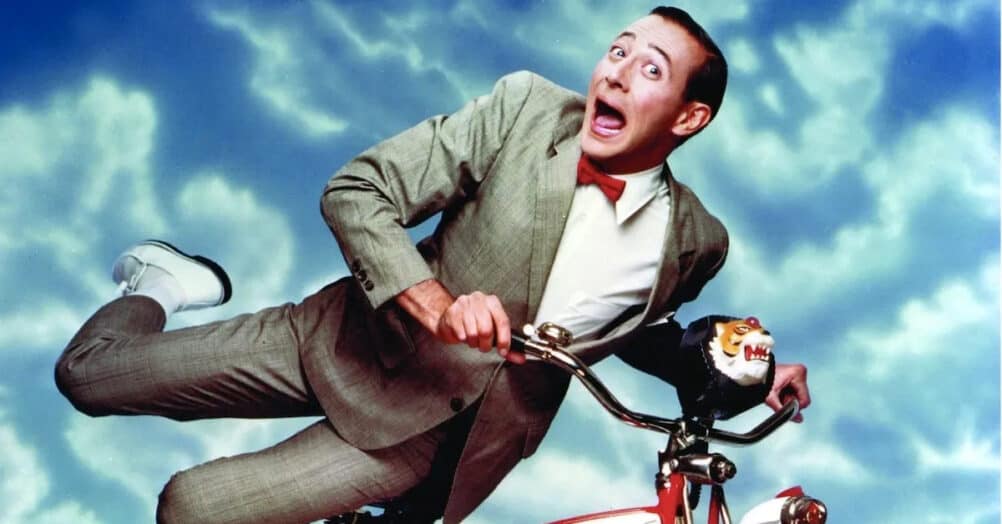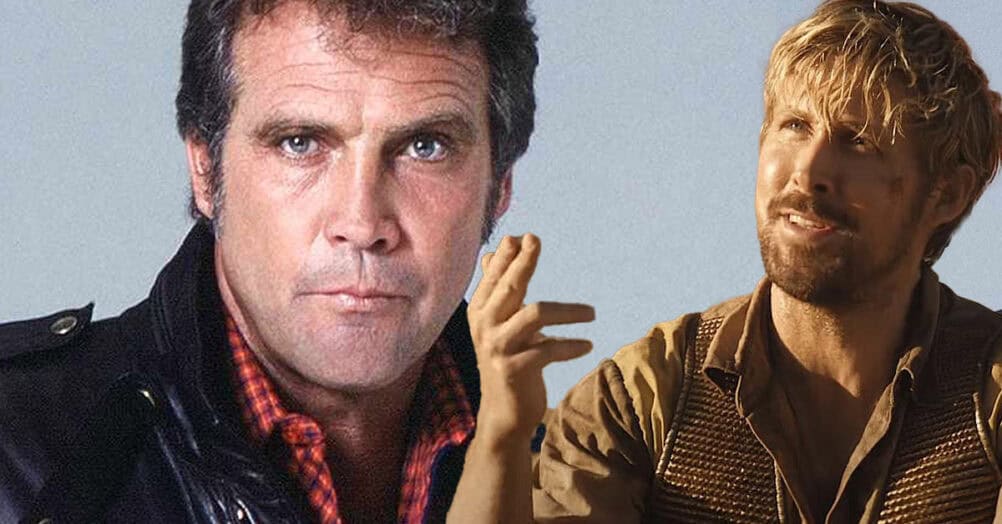
Plot: From the expansive universe of Dune, created by acclaimed author Frank Herbert, and 10,000 years before the ascension of Paul Atreides, Dune: Prophecy follows two Harkonnen sisters as they combat forces that threaten the future of humankind and establish the fabled sect that will become known as the Bene Gesserit.
Review: Denis Villeneuve’s adaptation of Dune has proven that once considered unadaptable, Frank Herbert’s novels could make for critical and commercial successes in the right creative hands. With the first film nominated for Best Picture at the Academy Awards and Dune: Part Two destined for the same honor, the franchise’s future has never been more in the zeitgeist. Seizing the opportunity to explore other formats and media, Warner Bros and HBO have developed Dune: Prophecy. This prequel series explains the origins of the mystical sect seen in the films known as the Bene Gesserit. Chronicling the familiar Houses of Harkonnen, Atreides, and Corrino, Dune: Prophecy takes a cue from series like Game of Thrones to explore the palace intrigue of royal families, commoners rising through the ranks, backstabbing, and destiny to deepen the mythology of Dune beyond the planet of Arrakis.
Having seen four of the six episodes that comprise the first season of Dune: Prophecy, I am torn about how this series fits alongside the feature films. As far as plot elements, Dune: Prophecy shares a lot in common with the Games of Thrones prequel series House of the Dragon, as both series namecheck ancestors of characters from the main series while dramatizing events that are key to the events of the films set in the distant past. As fans of the Dune novels know, one hundred centuries before the first book, a war was waged between the humans and the thinking machines that were destroying them. Dune: Prophecy picks up one hundred and sixteen years after that war, The Butlerian Jihad, as House Corrino has taken control of the Imperium. Familiar Houses like Harkonnen and Atreides exist but are lesser compared to the major families. Much of this series is set at the seat of the Imperium, where Emperor Javicco Corrino (Mark Strong) rules alongside his consort, Empress Natalya (Jodhi May). Javicco is preparing his daughter, Princess Ynez (Sarah-Sofie Boussnina), for indoctrination into the Sisterhood of the Bene Gesserit and marriage to forge a bond with House Richese. This comes when soldier Desmond Hart (Travis Fimmel) returns from Arakkis with a message for the Emperor.
The first episode of Dune: Prophecy sets the foundation for how Reverend Mother Valya Harkonnen (Emily Watson) and her sister Tula (Olivia Williams) shape the next generation of Truthsayers to control the various Houses behind the scenes. We meet young Sisters, including Theodosia (Jade Anouka), Emeline (Aoife Hinds), Lila (Chloe Lea), and more, as they learn the ways of the Sisterhood while questioning the potentially dangerous leadership of Valya and Tula, which unfolds via flashbacks to how they gained control of the Bene Gesserit. We also see how a shocking event at the end of the premiere episode puts Emperor Javicco’s control at risk and how Desmond Hart plays a key role in what is to come. The atmosphere of the series feels more opulent than the setting of Arrakis, as the Emperor lives on Salusa Secundus, a planet briefly seen as training grounds for soldiers in the Dune films. On Salusa Secundus, we see the nightlife of the aristocracy, which involves nightclubs teeming with spice usage and lots of sex. We also visit each House’s home planet, ranging from forested (Atreides) to frozen (Harkonnen).

The lack of technology is seen briefly in a sequence showing the downfall of machines with robotics factoring into the plot. There are also connections to the Dune films as we see swordmasters using training shields, some shots of massive sandworms, and the mind-controlling skill known as The Voice by the Bene Gesserit. There are also references to elements from the sequel novel, Dune Messiah, that I will not spoil here as it is a major plot twist. Needless to say, there is a lot to unpack in this short season, and by the fourth episode, I am still unsure how they will pull it all together with just two chapters remaining. I can say that fans of the prequel novels by Brian Herbert and Kevin J. Andersen, both of whom are credited as executive producers on Dune: Prophecy, will find a lot of changes from the published books. Like HBO’s adaptations of George R.R. Martin’s novels, this series draws the books’ main timeline and plot points and includes many characters from them. It also has new creations that are original to this series and expand on elements from the thirteen prequel books.
Some of the elements of Dune: Prophecy are intriguing, such as the skill shown by Desmond Hart, which has no equivalent in the book series. The power hierarchy within the Imperium is interesting, but what we see inside The Sisterhood is far more interesting than the palace intrigue and political conversations between the established Houses we know by name and the multiple new families you have to try and keep straight. The Harkonnens are much different than the bald, powerful empire seen in the films, but knowing they are monsters makes it hard to root for them here. Equally, the similarities between this series and Game of Thrones purely from a structural standpoint make this series feel a bit derivative rather than an interesting foray deeper into the mythology of Dune. Travis Fimmel does some interesting work as the standalone character in the story, while Mark Strong feels like he is sleepwalking through his character. Emily Watson and Olivia Williams have an intriguing dynamic in their story arcs, but they do not have enough time to work together on screen.
Director Anna Foerster (Westworld, Outlander) helmed the first episode and the final two, with John Cameron (Severance) helming the second episode and Richard J. Lewis (Westworld) helming episodes three and four. None of these three directors are anywhere close to the visual grandeur of what Denis Villeneuve brought to the Dune films, making Dune: Prophecy feel smaller than the films that bring viewers to this story. Alison Schapker (Fringe, Lost, Westworld) serves as showrunner after co-creating the series with Diane Ademu-John (The Haunting of Bly Manor), and the pair manages to give the female characters their due in a show that previously carried the subtitle The Sisterhood. Scott Z. Burns and Dune co-screenwriter Jon Spaihts are credited as executive producers, while Villeneuve is not. Volker Bertelmann (All Quiet on the Western Front) does not come close to Hans Zimmer’s memorable score but does lend some gravitas to the series.
Dune: Prophecy is a well-made series with high production values and a solid cast of veterans and newcomers, but it cannot help but feel like a replica of Game of Thrones set in outer space. With a limited run of episodes for the first season, I expected more from this series, which spends each episode too heavily reliant on characters talking to each other rather than providing a compelling argument for telling this story rather than other periods from the ten thousand years before Paul Atreides arrived on Arrakis. Frank Herbert’s novels were not shy from sexual content and focused heavily on conversations about political action rather than actual action, so Dune: Prophecy does not stray far from the source material. However, audiences flocked to HBO’s Game of Thrones because it was compelling, interesting, and a unique world to visit with characters to root for. While Dune: Prophecy certainly has the potential to achieve the first two, none of these characters are worth caring about. If you loved the Dune movies, this is worth watching to learn more background instead of reading thousands of pages, but it is not nearly as interesting or entertaining as the feature films.
Dune: Prophecy premieres on November 17th on HBO.




















Follow the JOBLO MOVIE NETWORK
Follow us on YOUTUBE
Follow ARROW IN THE HEAD
Follow AITH on YOUTUBE